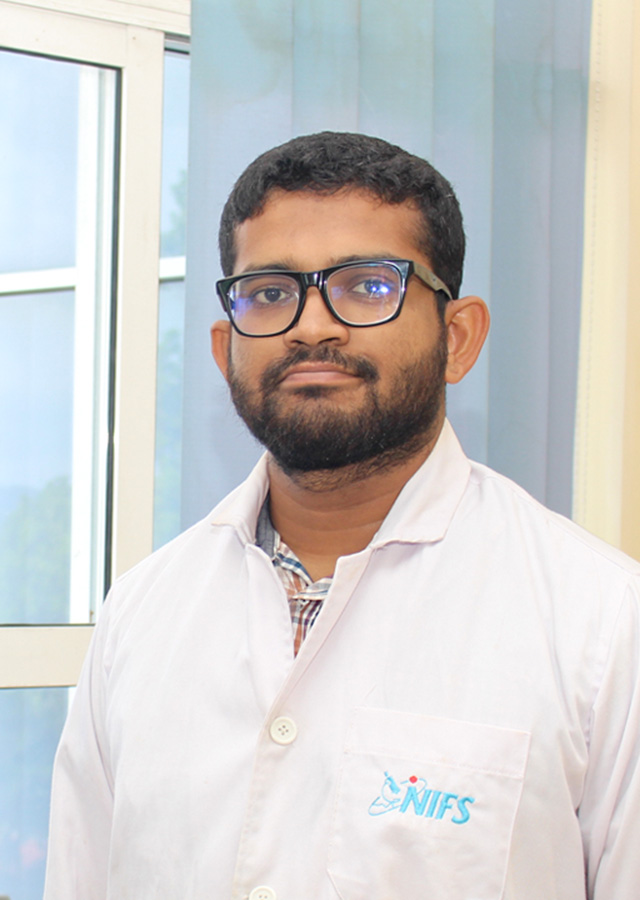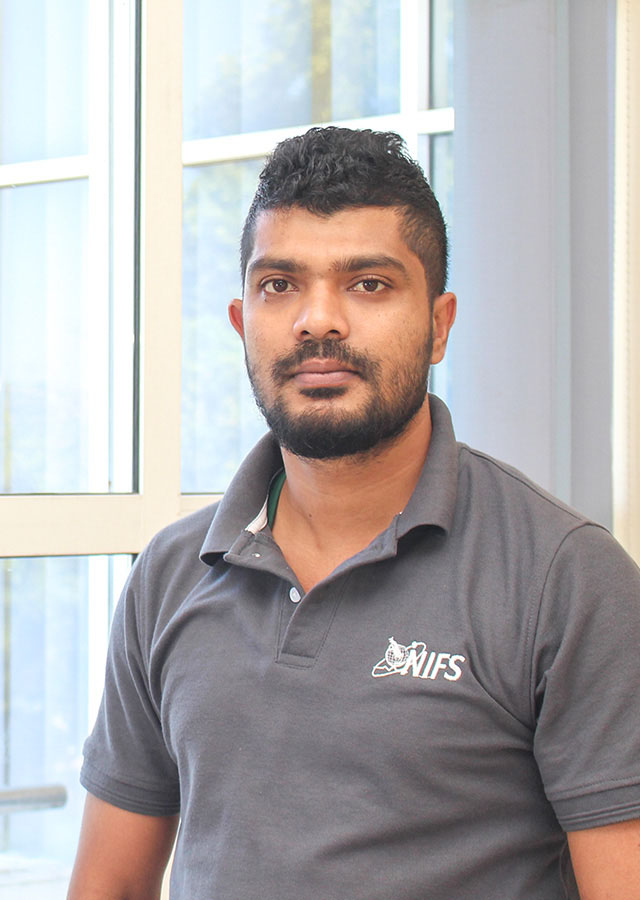ක්ෂුද්රජීව විද්යාව සහ පාංශු පරිසර පද්ධති Research Programme
ශ්රී ලංකාවේ ක්ෂුද්රජීවී ශාක හා පාංශු පරිසර පද්ධති ගවේෂණය කිරීම

Research Focus
ස්වාභාවික හා වතු වනාන්තර, තෙත්බිම්, කෘෂිකාර්මික වගාවන්, ගොවිබිම්, ගෙවතු සහ කුඩා වතු වගාවන් වැනි ශ්රී ලංකාවේ විවිධ ප්රධාන වෘක්ෂලතා වර්ගවල පාංශු කාබන් අනුක්රමික විභවය, එහි ගතිකතාවයන් සහ වැඩිදියුණු කිරීමේ ක්රමවේදය තීරණය කිරීම කෙරෙහි පර්යේෂණය ප්රධාන වශයෙන් අවධානය යොමු කරයි. කාබන් අනුපිළිවෙලෙහි කඩොලාන සහ අන්තර් අන්තරාල ලවණ වැනි වෙරළබඩ පරිසර පද්ධතිවල විභවය ද විමර්ශනය කෙරෙමින් පවතී. විවිධ පරිසර පද්ධතිවල පාංශු කාබන් ගබඩා ධාරිතාව සඳහා GIS පදනම් කරගත් සිතියම් සංවර්ධනය කිරීම ද ව්යාපෘතියේ අරමුණයි. ක්ෂුද්රජීව විද්යා ව්යාපෘතිය මගින් විවිධ අගය එකතු කළ නිෂ්පාදන හා ක්රියාවලීන්හි ක්ෂුද්රජීවී එන්සයිම අධ්යයනය කිරීම කෙරෙහි අවධානය යොමු කෙරේ. ශ්රී ලංකාවේ විවිධ ජල මූලාශ්රවල සයනොබැක්ටීරියා වල ජානමය විවිධත්වය පිළිබඳ වර්ගීකරණ හඳුනා ගැනීම, පෝෂක පැතිකඩ සහ විෂ විශ්ලේෂණයන් සමඟ අධ්යයනය කිරීම ආරම්භ කර ඇත. සයනොබැක්ටීරියා සංස්කෘතික එකතුවක් ස්ථාපිත කිරීම හා නඩත්තු කිරීම පිළිබඳව ද ව්යාපෘතිය අවධානය යොමු කරයි.
Why does this matter ?
Global warming has come to its injurious level that a thriving need lies in mitigating the Carbon dioxide build up at the atmosphere. Soil Carbon sequestration is the process of removing atmospheric CO2 via plant photosynthesis; the atmospheric CO2 is captured and diverted to soil as soil organic carbon where it’s become stable for thousands of years. Soils contain more carbon than all terrestrial vegetation and the atmosphere combined and is one of the most active carbon sinks on Earth, second only to oceans. The Soil Ecosystems project currently works on soil C sequestration potential and management of natural and made ecosystems in Sri Lanka. Microbial enzymes have shown potential application in a wide range of industries. The Microbiology project focuses on studying the potential applications of enzyme extracts obtained from locally isolated microorganisms in different value added products and processes.





